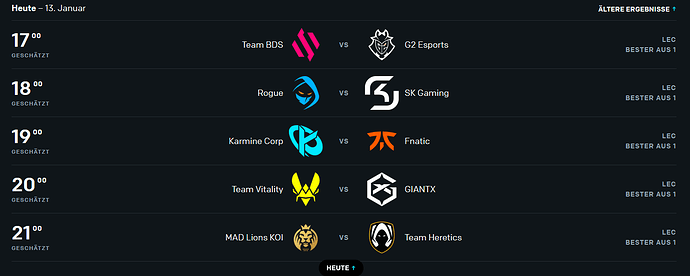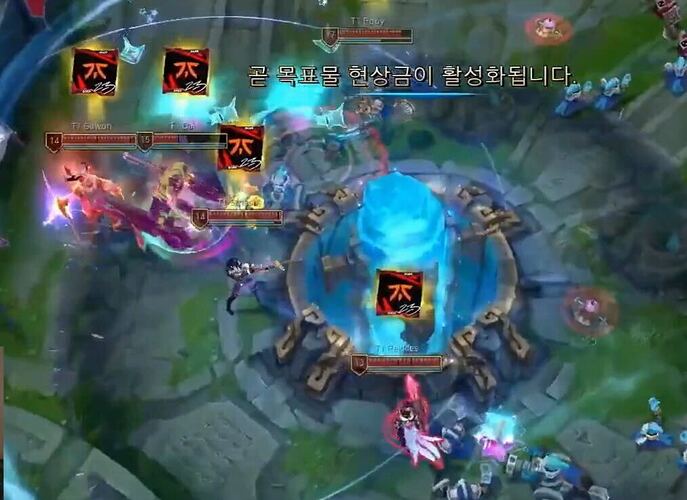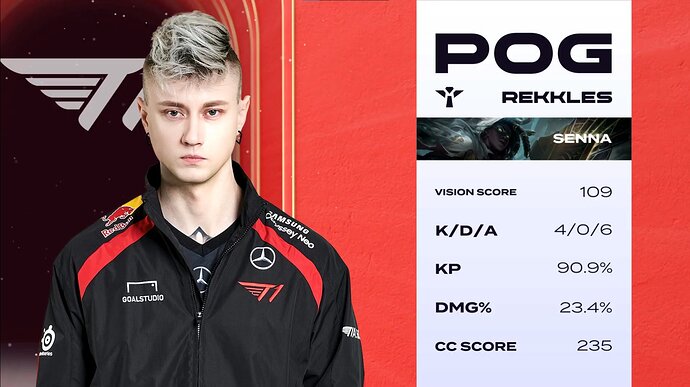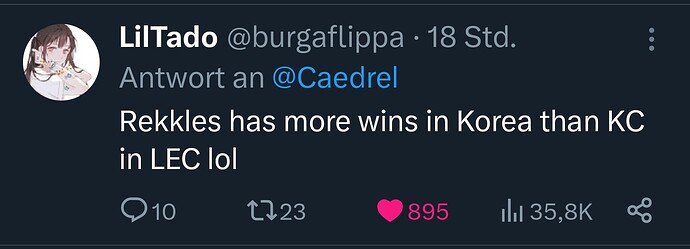Kritik der LCK Teams and der LCK und Riot
Die LCK Teams kritisieren Riot Games und die LCK unteranderem für den mangelnden Wachstum und zu wenig Investments in die Liga. Ich werde den kompletten text hier aus dem Reddit hier posten ohne es konkret zu übersetzen. Zum einen weil während ich es schreibe es sehr spät ist und ich zu müde bin um es zu übersetzen und es sehr viel business kram hat was es mir ein wenig schwer macht das ganze zu übersetzen:
Joint position paper for a sustainable LCK (this is from the game’s side) #LoL #LCK @LCK
The 10 teams that make up the LCK Franchise League (hereinafter referred to as the LCK League) have reached a consensus and have been requesting changes to the LCK League Corporation for the past three years in order to ensure the sustainability of the League, but have ultimately been unable to resolve these issues amicably.
As a result, the LCK teams have discussed publicly communicating these structural issues and challenges, and the majority of the teams are in favour of the following statement. Please note that the remaining teams were in agreement with the direction of change, but were unable to participate in this joint statement due to differences in process and approach.
When the LCK League launched in 2020, the teams believed in the vision of „the world’s premier global esports league“ set forth by Riot Games („Riot“). The teams have been diligent in fulfilling all of their commitments and obligations by making world-class investments in the players who participate in the LCK League. As a result, the LCK League has achieved great things since its inception, and the League’s viewership, performance, and fanbase have continued to grow.
However, despite this continued growth, the LCK League Entities have failed to grow the business value of the League over the past three years. Clearly, the LCK League’s viewership growth has been a significant contributor to Riot’s League of Legends („LOL“) user acquisition and retention, revenue, and business growth, but the LCK League Entities’ proposed revenue share from the League’s franchise business has been flat to declining each year.
The LCK League Entity has never met its revenue targets since its inception, and the distributions paid to teams over the past three years have been significantly lower than other major regional leagues. On the other hand, the LCK League Entity has not sufficiently shared or convinced its league partners, the teams, of its specific vision and plans to improve the current situation.
Above all, teams are very concerned about Riot’s reduced investment in LOL Esports and the LCK League. Delays in providing tournament servers for practice matches and frequent errors in the game client have made it impossible for players to train normally. In addition, the LCK League Entity’s dedicated league staff is constantly leaving for other departments and sports, and substantial and important tasks for the growth of the League have been delayed or stopped.
For these reasons, all teams are genuinely concerned that investing in and supporting the LCK League is no longer a sustainable model. The teams believe that the LCK League Entity is placing the onus of growth and survival on the players and teams without addressing the underlying issues, including its business structure.
Despite this, all 10 teams still believe that the LCK League has the potential to achieve a great vision together. The teams are willing to continue to invest in the league in order to be with their fans and players for the long haul. Therefore, we are asking everyone at Riot and beyond, including the LCK Commissioner. Please engage in an active dialogue with the teams to ensure a sustainable future for the LCK League and a better ecosystem. First and foremost, we demand specific answers to the following issues
- Increased investment in dedicated LCK staffing and shared commissioner credentials. 2. Rationalisation of the league’s business structure, including revenue sharing 3. Addressing the LCK’s significantly lower number of games per year compared to other professional sports 4. Addressing in-game functional issues to improve the training environment 5. Planning and implementing a scalable business model linked to LOL IP
Finally, the teams explain why they chose to make a public statement. Over the past three years, the teams have communicated their desire for a „sustainable league and team structure“ in a variety of ways, but the LCK League entity has been consistent in communicating Riot’s policies unilaterally. Even in the final negotiations, rather than reaching an amicable agreement, the teams were warned that they would be disciplined if they continued to speak with a collective voice.In other words, the teams have been forced to take on responsibilities as members of the LCK League, but have not been given any rights or the fruits of its growth.
The LCK League has been called "the most successful esports league in the world. But behind the scenes, the raison d’être of the 10 teams is under threat. We hope that the LCK League Corporation and Riot will understand the challenges faced by the teams that are members and partners of the League and engage in genuine dialogue with them to ensure that the ecosystem remains viable.
- The LCK is promoted as a global professional sports league, and its subscription fee is reportedly higher than that of professional baseball, Korea’s leading professional sports league.
- However, compared to baseball, the number of annual games played by each team is only one quarter, and the annual league revenue share, including broadcasting rights and joint business revenue, is less than one tenth.
- The LCK’s participating professional teams continue to invest and provide their players with world-class treatment and infrastructure in esports. The reason for this is the promising future of business growth (increased revenues) offered by the organisers when they became a global league.
- The irony is that while the league’s popularity and viewership have grown significantly, thanks to the presence of some of the world’s biggest sports stars such as Faker and Deft, back-to-back wins at Worlds and a gold medal at the Asian Games, the league’s revenue is declining.
- Teams are concerned that the structure of esports leagues does not prioritise sustained revenue growth as a professional league business. For the companies, more viewers means more users of their games, which naturally leads to more revenue.
[Summary of business performance in the three years since the launch of the 2020 LCK franchise]. Cumulative deficit of 10 teams: over 100 billion won (about 800 million won per team in league distribution revenue over 3 years) (Source: Team deficits and revenues are compiled from publicly available data and internal sources)
- Rather than confronting the league, the teams are calling for changes to develop into a professional sports league business, recruit organisational staff, and establish goals with the teams to move towards a better business structure.







